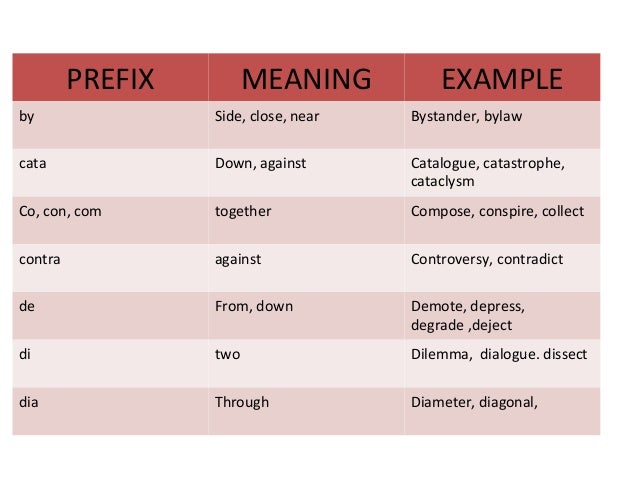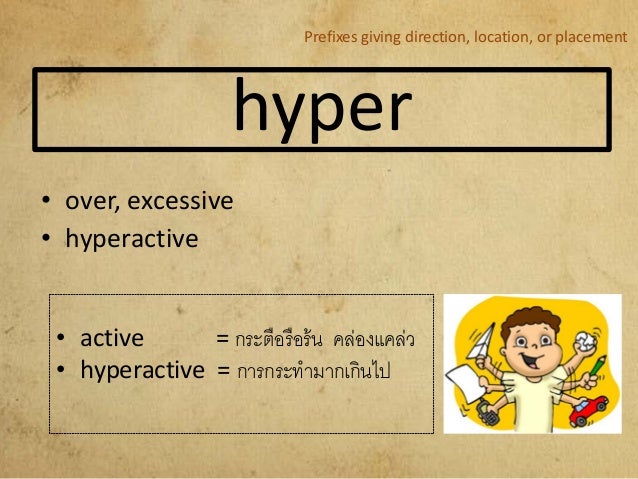
It can also stand alone as an adjective that. A suffix is added to the end of a word root or combining form to modify the meaning. Hyper-: Prefix meaning high, beyond, excessive, or above normal, as in hyperglycemia (high sugar in the blood) and hypercalcemia (high calcium in the blood). The prefix hyper means above, beyond, excessive.īoth come from Greek words and are widely used in the medical field. When to use hyper: Hyper often appears as a prefix meaning over or above normal, especially when implying excess. The prefix hypo means below normal, under. more than usual or normal: used with some adjectives and nouns to make adjectives and nouns. A careful writer always observers the distinction between these two prefixes. SummaryĪlthough these words have similar sounds, they are nearly opposite meanings. Suffix: The ending part of a word that modifies the meaning of the word.

Prefixes may also indicate a location, number, or time. If you can remember this simple trick, you shouldn’t ever mix up the meanings of hypo and hyper again. What is a prefix and suffix in medical terminology Prefix: A prefix is placed at the beginning of a word to modify or change its meaning. What does the the Latin prefix hypo mean Below or sub- as opposed to hyper - above, excess. Hyper, excessive, and extremely all have the letter “ E” in them. The prefix 'hyper' means, variously: a great amount, at very high speed, at great intensity. Hypo and below both have the letter “ O” in them. Hyper-: Prefix meaning high, beyond, excessive, or above normal, as in hyperglycemia (high sugar in the blood) and hypercalcemia (high calcium in the blood). Luckily, there is an easy trick to keep track of hyper vs. Remember the DifferenceĪs you can see, when you define hyper and you define hypo, they essentially have the opposite meanings of each other, so it’s that much more important that we keep the separated in our writing.


Hyper also accompanies many medical conditions, hypertension, hyperthyroidism, hyperesthesia, hyperacidity, etc.


 0 kommentar(er)
0 kommentar(er)
